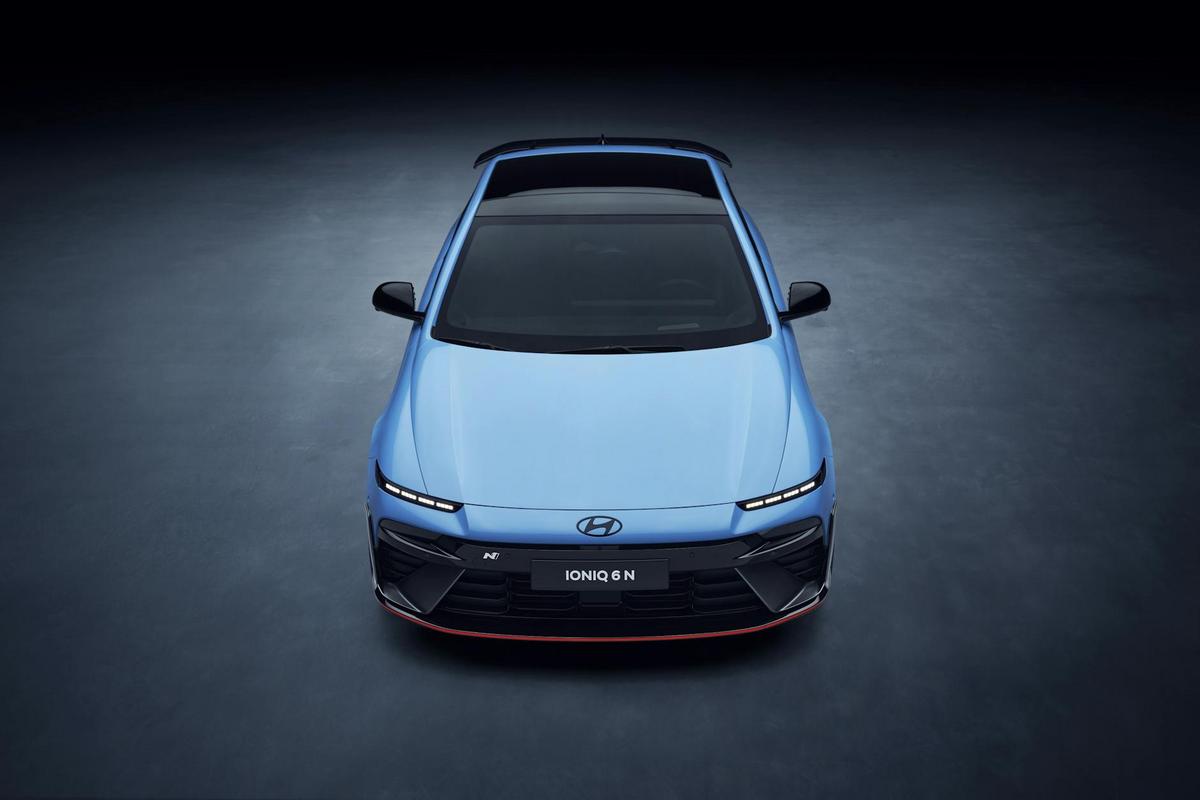
Electric Vs. Hybrid: What’s the Difference?
As the world shifts towards sustainable energy solutions, the debate between electric and hybrid vehicles intensifies. Understanding the distinction between these two types of vehicles is crucial for anyone considering a move to greener transportation options.
With the increasing focus on reducing carbon emissions and promoting sustainable transportation, electric and hybrid vehicles have emerged as popular alternatives to traditional gasoline cars. But what exactly sets them apart? Let’s dive into the core differences and benefits each offers.
Understanding Electric Vehicles
Electric vehicles (EVs) run solely on electric power stored in batteries. They have zero emissions during operation, making them an environmentally friendly choice. The lack of an internal combustion engine means they are generally quieter and require less maintenance.
Benefits of Electric Vehicles
- Environmental Impact: EVs produce no tailpipe emissions.
- Lower Running Costs: Electricity is cheaper than gasoline, and EVs have fewer moving parts, reducing maintenance costs.
- Smooth Driving Experience: Electric motors provide instant torque, resulting in quick acceleration.
Hybrid Vehicles Explained
Hybrid vehicles combine a gasoline engine with an electric motor, offering a blend of electric power and traditional fuel. This combination allows hybrids to switch between the two power sources or use both simultaneously, optimizing fuel efficiency.
Advantages of Hybrid Vehicles
- Fuel Efficiency: Hybrids often achieve better fuel economy than conventional cars.
- Extended Range: The combination of fuel and electric power allows for longer travel distances without refueling.
- Flexibility: Hybrids can refuel at any gas station, reducing range anxiety.
Comparing Electric and Hybrid Vehicles
Let’s look at a side-by-side comparison:
| Feature | Electric Vehicles | Hybrid Vehicles |
|---|---|---|
| Power Source | Electric Battery | Gasoline & Electric Motor |
| Emissions | Zero Emissions | Reduced Emissions |
| Fueling Method | Charging Stations | Gas Stations & Regenerative Braking |
| Range | Typically Shorter | Extended Range |
| Maintenance | Less Frequent | Regular Maintenance Needed |
| Initial Cost | Often Higher | Generally Lower |
| Incentives | Possible Tax Credits | Some Incentives Available |
| Driving Experience | Quiet, Instant Torque | Smooth, Efficient |
FAQs
Are electric vehicles cheaper to maintain than hybrid vehicles?
Yes, electric vehicles typically have fewer moving parts, which can lead to lower maintenance costs over time.
How do hybrids save fuel?
Hybrids use a combination of regenerative braking and an efficient switch between electric and gasoline engines to optimize fuel economy.
Can hybrids run on electricity alone?
Some hybrids, known as plug-in hybrids, can operate on electric power alone for short distances.
Conclusion
Choosing between an electric and hybrid vehicle depends on your specific needs and lifestyle. Electric vehicles offer a clean, efficient ride with the promise of zero emissions, while hybrid vehicles provide a balanced approach with the flexibility of both fuel and electric power. As technology advances, both options will continue to improve, making green transportation more accessible and appealing.
For more information on electric vehicles and to continue exploring your options, consider visiting reliable automotive resources and staying updated with the latest advancements in this exciting field.